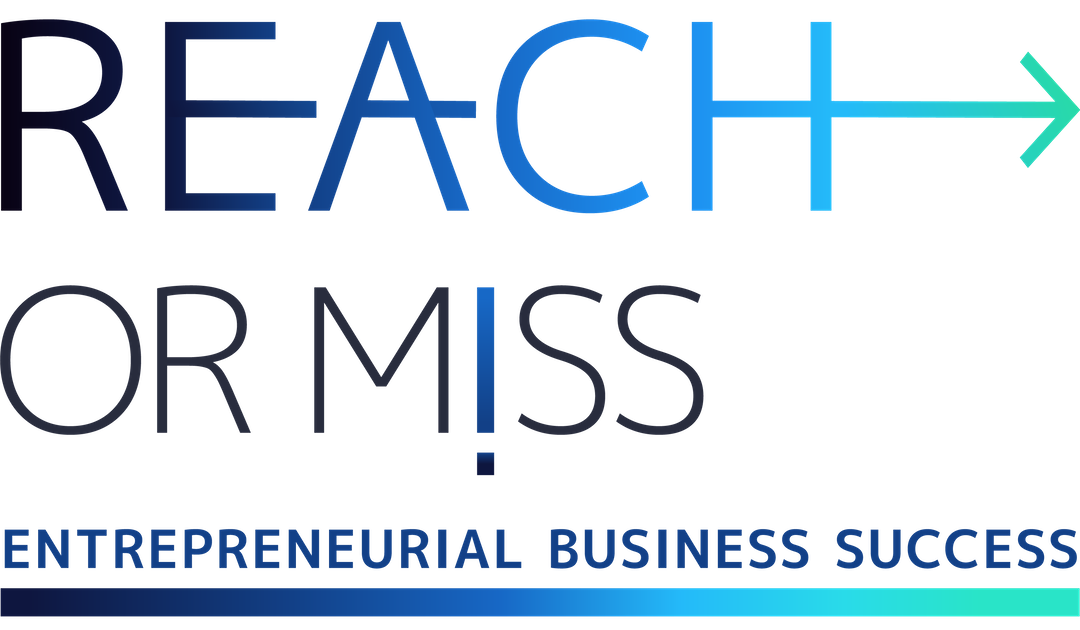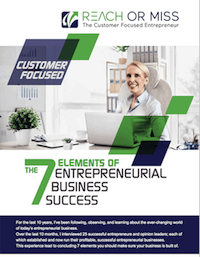The one question all entrepreneurs ask – that totally misleads them

The one question all entrepreneurs ask -
that totally misleads them
And Mark Schaefer’s 4 winning questions to ask your customers

Photo by Lachlan Donald on Unsplash
Marketing is sick right now
From the first day of my podcast REACH OR MISS for a customer focused entrepreneur, I knew I would interview Mark Schaefer.
As I see it, Mark Schaefer is the leading marketing expert today. He connects the dots between the powerful and proven “old” marketing he took active part and succeeded in, and the new world of entrepreneurship, search engines, and social marketing inflation we are experiencing today.
When I interviewed Mark, I asked him what he is most passionate about today. Mark talked about the challenges he sees and said he believes that marketing is sick right now. “It’s too tech-centric instead of human-centric! Entrepreneurs, and other businesses as well, need to understand that if you don’t have customers, you don’t have a business.”
Marketing is about gaining customers, revenue, and brand value.
Mark told a story about a young marketer that wanted his advice, because his marketing efforts didn’t bring the expected results. Mark asked the guy whether he spoke with the company’s customers, or just joined their sales people?
This young person was already six months in that position and had never spoken with a customer!
I agree with Mark, although the way I see it, marketing is not only sick, it’s been twisted and totally misunderstood by most entrepreneurs and young marketers.
Marketing is about looking at things from the point of view of your customers and creating awareness and demand, attracting customers, and creating a strong leading brand.
But for too many entrepreneurs and business people, marketing became PPC or Facebook ads.
The one question every entrepreneur asks that leads to a failure
Almost every entrepreneur or startup founder that tells me about their idea or product also says they talked with the customers and everyone says they are going to use their product.
And this is, unfortunately the worst question to ask.
Example: If I conducted a marketing research in Thomas Edison’s time and asked consumers if they would use electricity; regardless of their answer, they don’t have the experience to know. The question, to them, is hypothetical and that’s why any answer is meaningless:
They needed light on the dark and they had candles.
Edison (and his partners) saw a technological (or chemical, in this case) opportunity that could replace the candles in certain conditions.

Photo by Mikael Kristenson on Unsplash
No one can predict how one will act in a specific situation. We can think we know how would we act. But we can’t relay on that.
Let’s take another example. Let’s assume I conduct a research with ten thousand people -far more then any statistic requires- and ask them whether they are going to replace their car within six months, and which model they would choose?
The only information I’ll be able to accurately relay from this huge research is whether people think at this moment they will replace their car within half a year and what model they currently like best.
So many things can change in six months. You father might give you his old car, your wife could get a car from her work, your finances could shifty, and so on.
So by relying on the answers that people give for your hypothetical “will you use” question, you are totally misleading yourself.
The 4 magical questions
So how can you find out what your customer’s needs, pains and desires are?
Mark Schaefer, in his interview, talked about the 4 questions you should ask your potential customers:
You should ask your customers and these 4 questions:
- What do you love about your business*?
- What do you hate about your business*?
- What keeps you awake at night?
- How can we serve you better?
* Or, if you are aiming the end consumers, ask them about the relevant situation. For example:
- What do you love about going to shopping, or about your work out, etc.
- What do you hate bout going to shopping, working out, doing laundry, etc.
Ask those four open questions and listen carefully to the answers. What words and terms do they use? What stories do they use to tell about their experience? What disappointed them in the past?.
These questions are magical because the answers will open a window directly to your customer’s hearts and minds. And by fulfilling these pains and needs, you will gain loyal, trusted clients.

